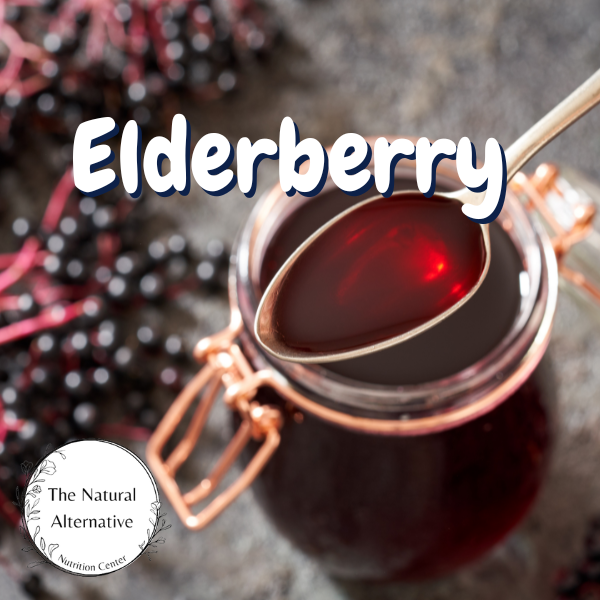
Elderberry For Colds
, 3 min reading time

, 3 min reading time
Elderberry is often sought after for its reputation as a natural remedy for cold and flu symptoms. People search for its effectiveness in reducing the duration and severity of illnesses.
When the cold and flu season strikes, many people look for natural remedies to help prevent or ease the symptoms of illness. Among the most popular options is elderberry, a small, dark purple fruit that has been used for centuries in traditional medicine for its powerful healing properties. Known for its immune-boosting effects, elderberry has recently gained widespread attention as a potential remedy for cold and flu symptoms.
Elderberry contains compounds, particularly flavonoids like anthocyanins, that are believed to have antiviral properties. These compounds help the body fight off viruses, such as the influenza virus, by preventing the virus from entering and infecting healthy cells. Research has shown that elderberry extract can significantly reduce the duration and severity of flu symptoms, making it a valuable tool during flu season. In some studies, individuals who took elderberry syrup experienced a reduction in the length of their illness by up to four days, compared to those who did not use the remedy.
The way elderberry works to combat the flu is through its ability to stimulate the immune system. When consumed, elderberry activates the production of certain immune cells, including cytokines, which are proteins that help regulate immune responses. This stimulation can help the body fight off infections more effectively, reducing the severity of symptoms like fever, body aches, and congestion. Additionally, elderberry’s high levels of antioxidants, including vitamins A and C, support the body in repairing damaged cells and protecting against oxidative stress, which is often increased during illness.
While elderberry is particularly well-known for its ability to combat the flu, it may also be effective for treating the common cold. Though the cold is caused by a different virus than the flu, elderberry's antiviral and immune-boosting properties can still provide relief. By reducing inflammation and promoting a healthy immune response, elderberry can help alleviate symptoms like sore throat, cough, and nasal congestion.
What are the different types of ways to consume elderberry? Elderberry can be consumed in a variety of forms, making it easy to incorporate into your routine when you're feeling under the weather. Elderberry syrup is one of the most popular options, and it is often taken at the first sign of illness as a preventative measure or to help reduce the duration of symptoms. The syrup can be added to hot water, tea, or even smoothies for a soothing and health-boosting drink. For those who prefer not to use syrup, elderberry capsules or gummies are also available as convenient alternatives.
While elderberry is considered safe for most people, it is important to use it correctly. The raw elderberry berries and other parts of the plant can be toxic when consumed in large amounts, but cooking the berries or using prepared elderberry products removes the toxins, making them safe to consume. As with any natural remedy, it’s always a good idea to consult with a healthcare professional before using elderberry, particularly if you have underlying health conditions or are pregnant or breastfeeding.
Elderberry offers a natural, effective way to combat the symptoms of colds and the flu. Whether used as a preventive measure or to ease symptoms once illness strikes, this powerful fruit has become a go-to remedy for many looking to boost their immune health. As part of a holistic approach to wellness, elderberry can be an essential tool in your cold and flu-fighting arsenal, providing relief and supporting your body’s natural defenses.



